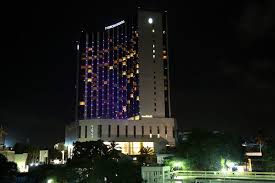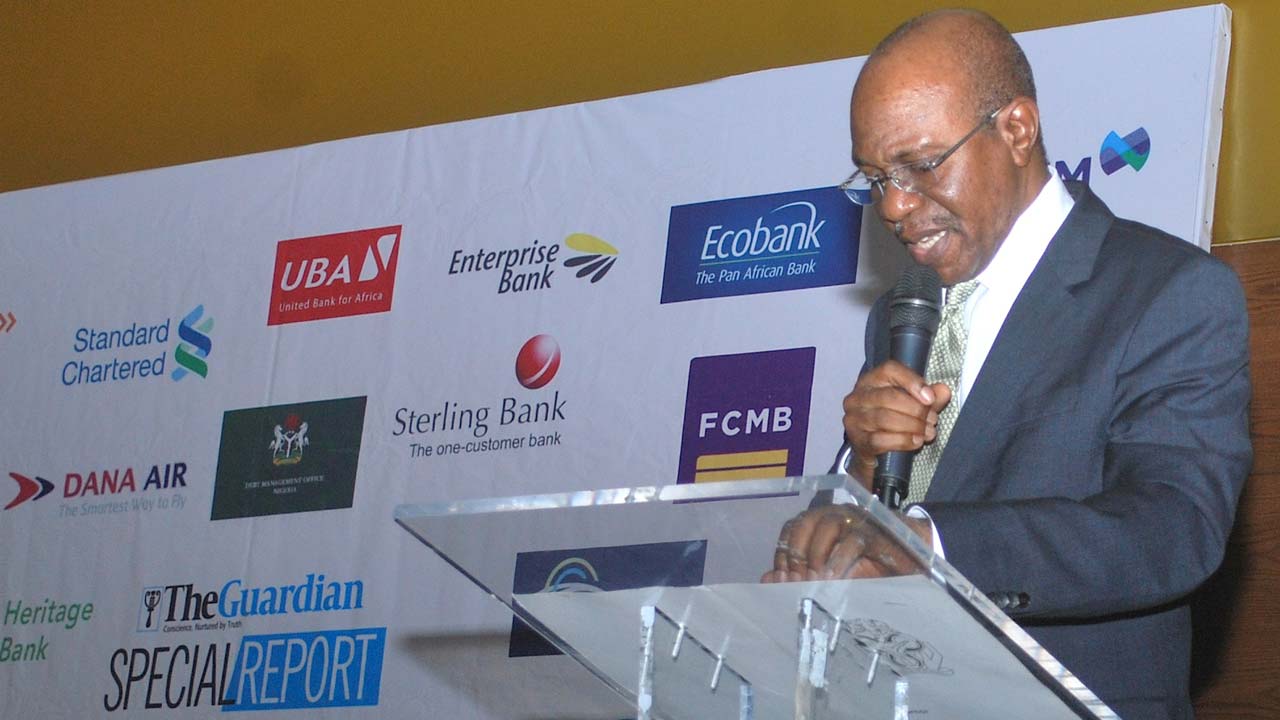NBS would have rebased Nigerian economy this year but for lack of allocation—Kale
Statistician General of the Federation and head of the National Bureau of Statistics (NBS), Dr. Yemi Kale has hinted that the agency would have rebased the economy as it did in April 2014, but for paucity of allocation for the job.
In an exclusive in interview in Abuja weekend, he said the economy is supposed to be rebased from time to time according to developments in the productive sectors of the economy.
“We are supposed to have to done it this year, but no allocation to that effect. Every country does it maximum five years. The United States of America does it once a year. Those ones have more money, so they do it every year, apart from the fact that their economy is more dynamic. “Technology is changing so many things so they have to upgrade all the time. If you don’t rebase your economy, it is like as if you are using Betamark system. When we rebased the economy, the politicians grabbed it because it favored them. If it were in the negative, nobody will even talk about it. I was surprised to see at the election period that APC went to our website to retrieve all the positive figures and refused to accept the ones tagged negative.
Continuing, he revealed also that PDP too took all the positives and refused the poverty rate figures! Meanwhile all of them are NBS data. I have seen a Minister who agreed with chapter two of our report and said chapter three was not correct. While commending us for a job well done on chapter two, chapter three was tagged not correct. The same document!”, he said.
Business Hilights recalls that on the account of the rebasing in 2014, Nigerian economy nearly doubled, racking up hundreds of billions of dollars, ballooning to the size of the Polish and Belgian economies, and breezing by the South African economy to become Africa’s largest.
It was, in fact, a miracle borne of statistics: It had been 24 years since Nigerian authorities last updated their approach to calculating gross domestic product (GDP), a process known as “rebasing” that wealthy countries typically carry out every five years. When the Nigerian government finally did it this week, the country’s GDP—the market value of all finished goods and services produced in a country—soared to $510 billion.

Rolling out the statistics, NBS released a pretty entertaining PowerPoint presentation—an admixture of sober economic pronouncements and clip art. It includes this depiction of the long road to $510 billion:
As industry analysts looked at the data shortly after the rebasing managed by the then Minister of Finance, Dr. Ngozi Okojo-Iweala, Nigeria’s overnight transformation raised two distinct but interconnected questions. First: What do we miss about countries when we don’t have accurate economic data about them—and what are the practical implications of that blindness?
It was however discovered that in computing Nigeria’s GDP over the previous years, the country incredibly, wasn’t factoring in booming sectors like film and telecommunications.
The Nigerian movie industry, Nollywood, generates nearly $600 million a year and employs more than a million people, making it the country’s second-largest employer after agriculture. As for the telecom industry, consider that there are now some 120 million mobile-phone subscribers in Nigeria, out of a population of 170 million. Nigeria and South Africa are the largest mobile markets in sub-Saharan Africa, and cell-phone use has been exploding in the country.
Otherwise, incorporating the film and telecom industries into Nigeria’s GDP made a huge difference in the services sector, rendering the country’s economy not just bigger but more diversified:
Gross Domestic Product, GDP, is the total market value of all final goods and services produced in a country in a given year, equal to total consumer, investment, government spending plans and the value of exports less the value of imports.
GDP includes all goods and services produced within the geographical boundaries of a nation, regardless of the producers’ nationality, while Gross National Product, GNP does not include goods and services produced by foreigners.
GNP uses the GDP plus income from external sources less income paid to foreign experts and entities.

GDP rebasing is the process of replacing old base year price structure in compiling volume measures of GDP with a new or more recent base year, usually at five years average interval.
The last time Nigeria undertook the rebasing of her economy was 24 years ago, with total nominal GDP ranging from 59.5 per cent.
With the latest rebasing, Nigeria’s GDP has increased to 89.22 per cent in 2014.
With the 2014 economy rebasing, Nigeria is now worth N80.2 trillion, or $509.9 billion, rising from its original figure of N42.4 trillion, or $269.5 billion.
With the rebasing, Nigeria became the 26th largest economy in the world, and the largest economy in Africa, ahead of South Africa.
Accordingly, the 2014 rebasing, the service sector in Nigeria covered better economic activities in wholesale and retail trade, including information and communication, real estate services, human health and social services, professional, scientific and technical services. With rebasing, Nigeria’s per capita income has risen from $1,555 to $2,688, ranked 121st in the world from 135th position.
Besides, the rebasing indicated further that, Nigeria’s economy is more diversified, with agriculture sector contribution declining from 33 per cent to 22 per cent, and services increasing from 26 per cent to 51 per cent; oil & gas 15.9 per cent, manufacturing 6.7 per cent, Telecoms 8.7 per cent, entertainment 1.2 per cent.
The rebasing also revealed that debt to GDP ratio has moved from 19 per cent to 11 per cent, while tax revenue to GDP ratio has dropped from 20 per cent to 12 per cent.

The Nigerian Financial System Strategy, FSS 2020, was developed in line with Nigeria’s goal of becoming one of the top 20 economies in the world by 2020 with a GDP of $900 billion.
The FSS 2020 strategy has the vision to make Nigeria the safest and fastest-growing financial system amongst emerging economies.
Business Hilights gathered that the FSS 2020 objectives include to strengthen the Nigerian domestic financial markets; enhance their integration with external financial markets; and engineer Nigeria’s evolution into an international financial centre (IFC).









